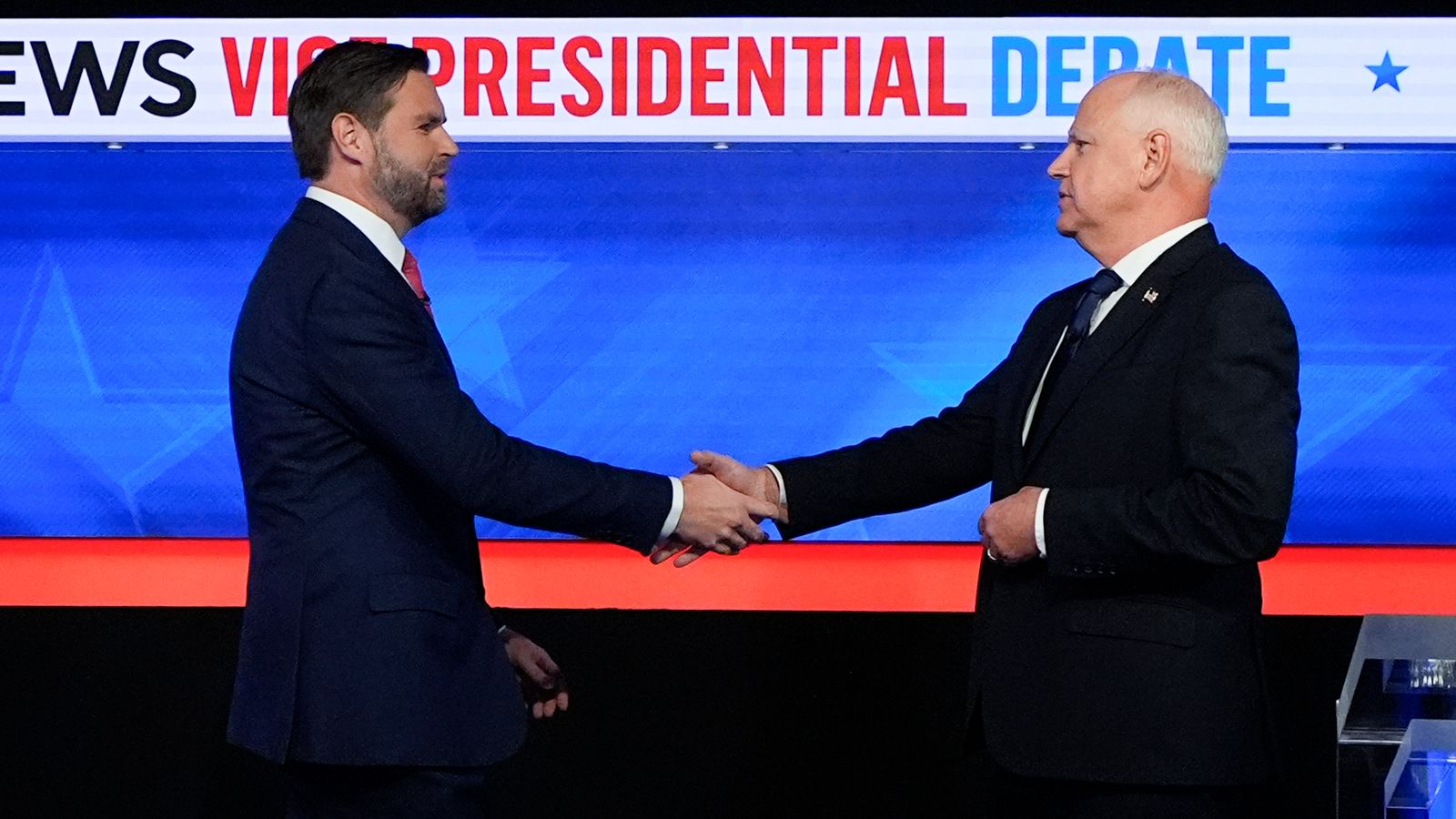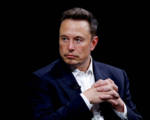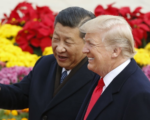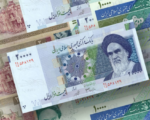Walz and Vance Clash Politely in Policy-Focused Vice Presidential Debate

In a relatively civil vice presidential debate, Democrat Tim Walz and Republican JD Vance sparred over key policy issues on Tuesday, leaving behind the inflammatory rhetoric that has marked much of the election season. Although both candidates have been vocal critics of each other on the campaign trail, they directed much of their criticism at the leading figures of their respective tickets—Democratic Vice President Kamala Harris and former Republican President Donald Trump.
Tensions flared during the closing moments when Vance, who has previously expressed doubts about the legitimacy of the 2020 election, dodged a question on whether he would challenge the results of this year’s election if Trump were to lose. Walz, Minnesota’s governor, accused Vance of avoiding accountability, tying Trump’s false claims of voter fraud to the January 6, 2021, attack on the U.S. Capitol.
Focused Policy Debate Throughout the debate, both candidates covered a wide range of issues, including the escalating Middle East crisis, inflation, immigration, taxes, abortion, climate change, and the economy. Vance, a U.S. senator from Ohio, used the opportunity to question Vice President Harris’s track record on economic issues, while Walz attacked Trump’s foreign policy and leadership, accusing him of mishandling immigration reform during his presidency.
The debate also touched on the growing conflict in the Middle East, with Vance suggesting that Israel should have the autonomy to decide on preemptive strikes against Iran, while Walz criticized Trump’s erratic approach to international affairs.
Moderated Tone, Underlying Tensions Despite the sharp contrasts in their policy positions, both candidates maintained a cordial tone, embodying what has been described as “Midwestern nice.” Vance was careful in his criticism of Harris but focused on attacking her handling of inflation and immigration, suggesting that she should have already implemented solutions rather than waiting for another term. Walz, meanwhile, painted Trump as an unpredictable leader who favored billionaires and failed to deliver on his campaign promises, particularly in regard to immigration.
Political Fallout Vice presidential debates rarely sway elections, but with the race as close as it is, even small shifts in voter opinion could prove decisive. Both candidates aimed to solidify their support while attempting to win over undecided voters. While Vance defended Trump’s record, he was pressed on his own previous criticisms of the former president, admitting he was wrong about Trump in the past. Walz, in turn, faced questions about past claims that he was present during the 1989 Tiananmen Square protests, admitting he had misspoken.
Polls have shown mixed feelings about both vice-presidential candidates. Vance, despite being a best-selling author, is viewed unfavorably by 51% of registered voters. Walz, a former high school teacher, fares slightly better, but the tight race remains unpredictable, especially in the swing states.





















